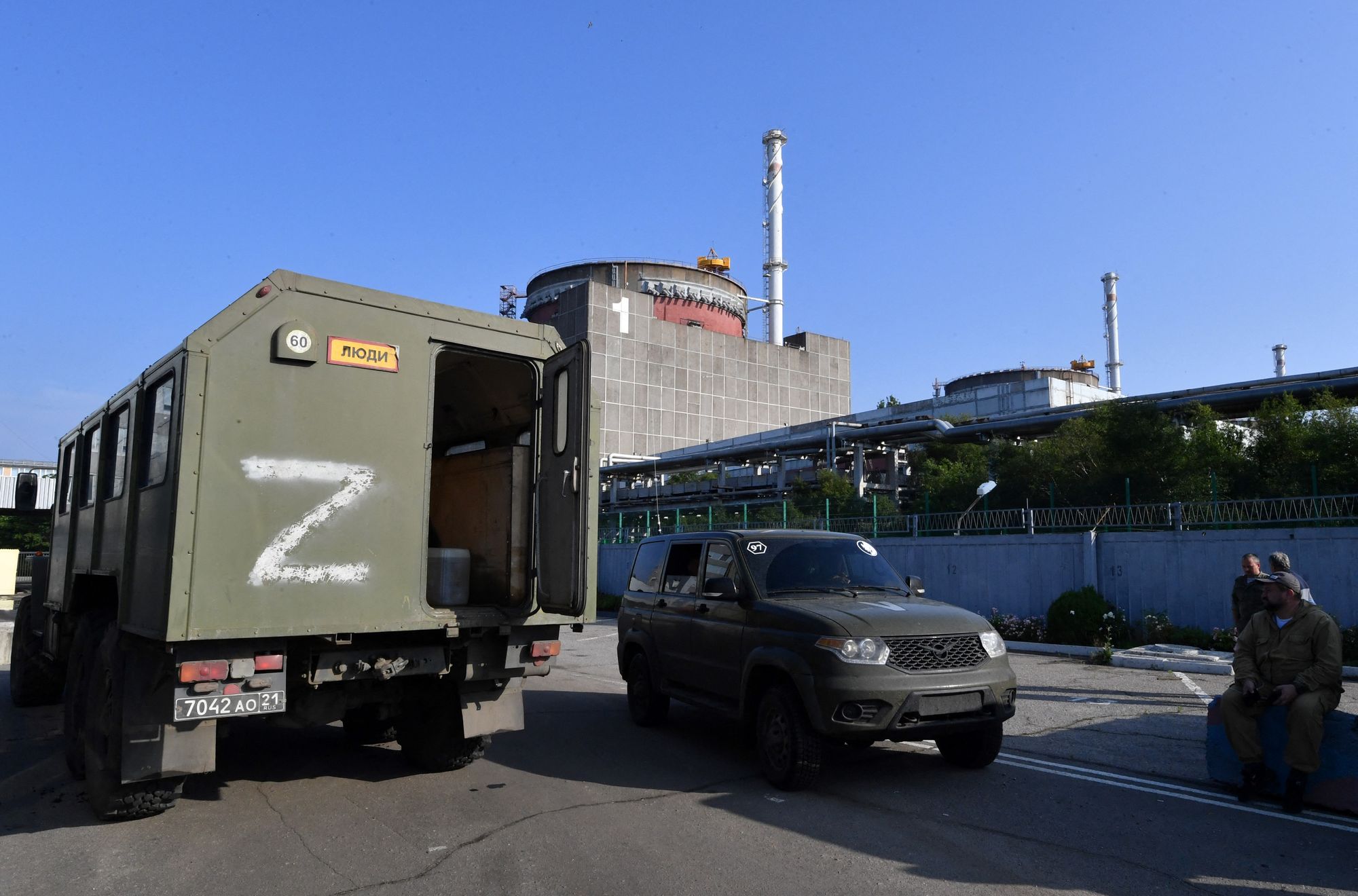ISW: Russia may threaten nuclear plant sabotage to prevent Ukrainian counteroffensive

Russia may be signaling a willingness to sabotage the Zaporizhzhia Nuclear Power Plant to dissuade Ukrainian forces from conducting a counteroffensive in the area, the Institute for the Study of War (ISW) wrote in its latest assessment on June 22.
A deliberate radiological incident at the nuclear plant remains unlikely but not impossible, the ISW added.
The experts point out that a radioactive leak would be difficult to control and could potentially impact Russian forces more than the Ukrainian ones, depending on given conditions at the time.
They also note that a radiological terror attack would render many areas in occupied southern Ukraine "uninhabitable and ungovernable," degrading Russia's hold over them.
The ISW reminded that Moscow has repeatedly used nuclear threats related to the Zaporizhzhia plant to constrain Ukraine's military actions and prevent further Western assistance to Kyiv.
The Zaporizhzhia plant, the largest nuclear power station in Europe, has been under Russian occupation since March 4, 2022. During regular Russian attacks on the country's energy infrastructure, the plant was fully disconnected from the Ukrainian power grid several times.
Russian forces have been using the plant as a military base to launch repeated attacks on Ukrainian-controlled territory.
On June 20, Ukraine's military intelligence reported that Russia is additionally mining the nuclear station, which increases the likelihood of a nuclear incident.
The International Atomic Energy Agency (IAEA) however said that no new mines were discovered during the recent missions by its chief Rafael Grossi.
President Volodymyr Zelensky announced on June 20 that based on intelligence reports, the Kremlin is considering a terrorist attack at the occupied Zaporizhzhia Nuclear Power Plant by deliberately leaking radiation.














